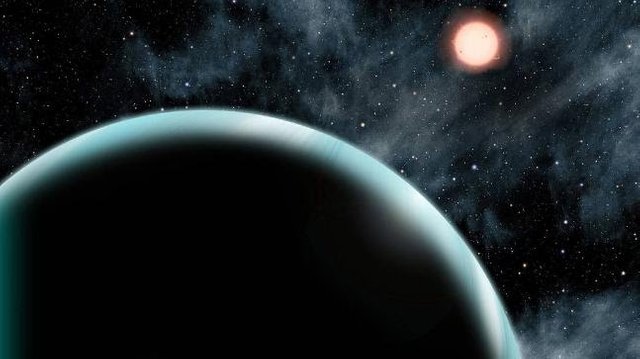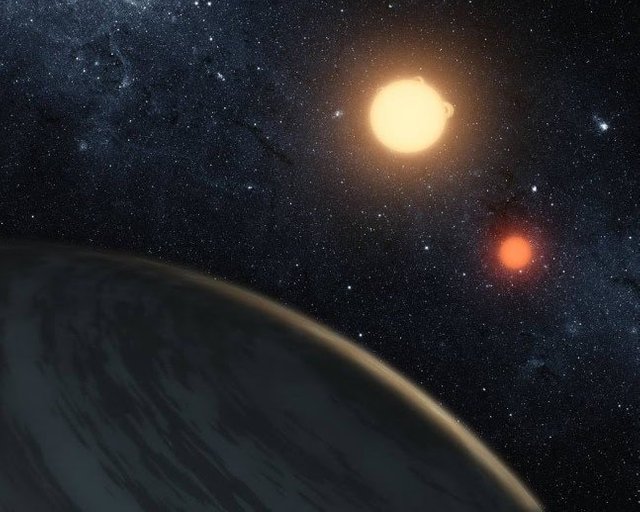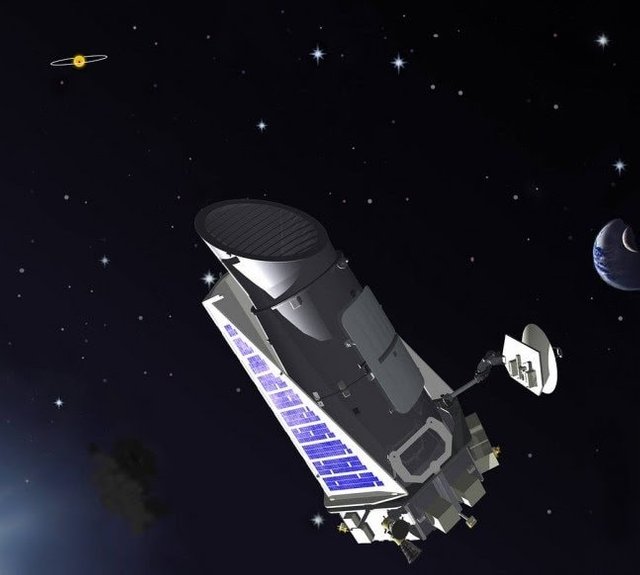44 new exoplanets discovered, a year on 4 planets is shorter than a day on Earth
Well, well, 44 new exoplanet have been discovered, however, we are still to remain on Earth.
Scientists stumbled upon a trove of planets in solar systems that are beyond our own, and they did so in one go, dwarfing the usual number of confirmations from extrasolar surveys.
The new finding will help improve the existing models of solar systems. In addition to that, it may also help boffins to investigate exoplanet atmospheres.
Latest techniques developed to validate the new revelations could accelerate the confirmation of more extrasolar planet candidates.
Astronomers collected data the National Aeronautics Space Administration's (Nasa) Kepler and the ESA's Gaia space telescopes.
They confirmed the existence of these 44 exoplanets and shed light upon various details about them.
INTERESTING CHARACTERISTICS
A portion of the findings yield some surprising characteristics.
For example, four of the planets orbit their host stars in less than 24 hours. In other words, a year on each of those planets is shorter than a day here on Earth.
- John Livingston, a graduate student at the University of Tokyo in Japan and lead author of the study said
These contribute to a small but growing list of "ultrashort-period" planets, suggesting that they could be more common than previously believed.
Sixteen were in the same size class as Earth, one in particular turning out to be extremely small - about the size of Venus - which was a nice affirmation, as it's close to the limit of what is possible to detect.
Boffins maintain a strong hope to understand what kinds of planets might be out there, but can only draw valid conclusions if there are enough planets for a robust statistical analysis.
Artists's concept illustration of Kepler-16b discovered earlier and planet which can be seen in foreground was discovered by Nasa's Kepler mission | Photo credit: Credit: NASA/JPL-Caltech/T Pyle
The addition of a large number of new planets, therefore, leads directly to a better theoretical understanding of solar system formation, according to the researchers.
The investigation of other solar systems can help us understand how planets and even our own solar system was formed. The study of other worlds has much to teach us about our own.
- Livingston said
The newly discovered exoplanets also put on table good targets for detailed individual studies to yield measurements of planetary composition, interior structure and atmospheres - in particular, the 18 planets in several multi-planet systems.

